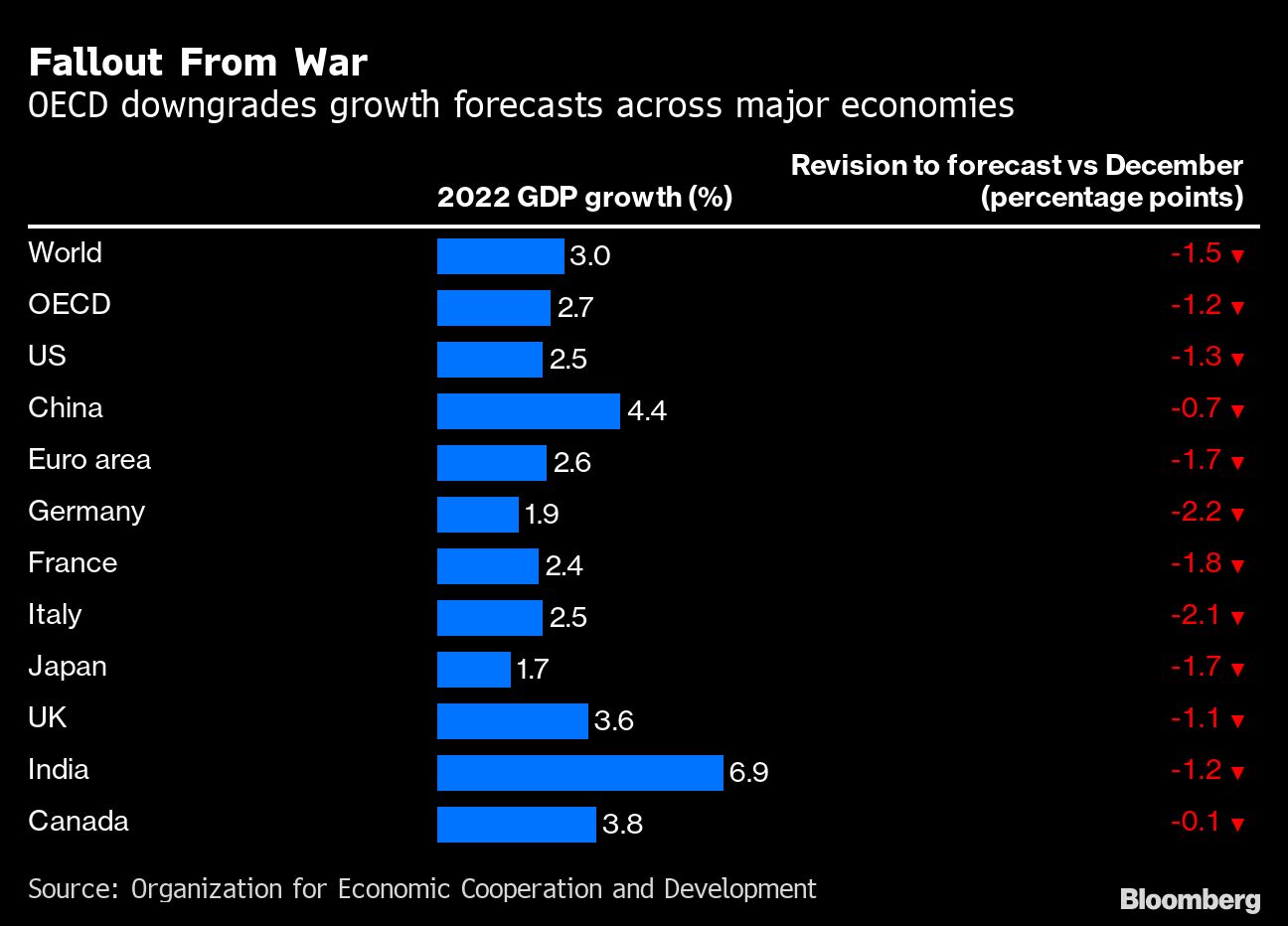
Navigating the Ripple Effects: Economic Conflict Impact
Economic conflicts have far-reaching implications that extend beyond the immediate parties involved. This article delves into the intricate web of consequences that arise from economic conflicts, examining the global impact, socio-economic repercussions, and potential strategies for mitigating the fallout.
The Global Domino Effect: Interconnected Economies Unraveling
Economic conflicts send shockwaves through the interconnected global economy. What begins as a dispute between two nations can swiftly escalate into a domino effect, affecting trade partners, financial markets, and businesses worldwide. The intricate web of economic interdependence means that disruptions in one part of the world reverberate across borders.
Trade Disruptions: Straining International Commerce
One of the primary casualties of economic conflict is international trade. Tariffs, sanctions, and trade barriers disrupt the flow of goods and services, leading to increased costs, reduced market access, and strained diplomatic relations. The impact is felt not only by the conflicting parties but also by businesses and consumers navigating a landscape of uncertainty.
Financial Market Volatility: Riding the Rollercoaster
Economic conflict injects volatility into financial markets. Currency values fluctuate, stock markets experience turbulence, and investors grapple with heightened risk. The uncertainty stemming from economic conflicts can lead to capital flight, reduced investments, and a challenging environment for businesses seeking stability and growth.
Socio-Economic Consequences: Affecting Livelihoods and Well-being
Beyond the numbers on financial charts, economic conflicts have tangible socio-economic consequences. Livelihoods are jeopardized as businesses face closures, workers experience job losses, and communities bear the brunt of economic downturns. The human impact, often disproportionately felt by vulnerable populations, underscores the urgency of finding diplomatic resolutions.
Global Supply Chain Disruptions: From Factory Floors to Main Street
Economic conflicts disrupt global supply chains, impacting industries ranging from manufacturing to technology. Disruptions on factory floors reverberate through the entire supply chain, affecting suppliers, distributors, and ultimately reaching consumers. The intricate nature of modern supply chains means that a hiccup in one region can have cascading effects worldwide.
Diplomatic Strain and Global Relations: Navigating Political Turbulence
Economic conflicts strain diplomatic relations and contribute to geopolitical tensions. Nations involved in economic disputes find themselves navigating a complex landscape where economic considerations intertwine with political and strategic interests. The delicate balance required for successful diplomacy becomes even more challenging amid economic conflict.
Humanitarian Concerns: Addressing the Human Cost
Economic conflicts often exacerbate humanitarian concerns. Sanctions and economic turmoil can limit access to essential goods and services, affecting vulnerable populations. Addressing the human cost of economic conflict requires not only economic solutions but also a commitment to upholding basic human rights and ensuring the well-being of affected communities.
Mitigating the Fallout: Strategies for Economic Resolution
Mitigating the fallout of economic conflict requires a multifaceted approach. Diplomacy plays a central role, with nations seeking diplomatic resolutions to ease tensions and restore economic stability. International organizations, mediation efforts, and forums for dialogue become crucial in finding common ground and fostering collaboration.
Linking to Solutions: Economic Conflict Impact
For a more in-depth exploration of the impact of economic conflict and potential strategies for resolution, visit Economic Conflict Impact. This dedicated resource provides valuable insights and perspectives, fostering a deeper understanding of the complexities surrounding economic conflicts and the pathways toward sustainable resolutions.
Conclusion: Navigating the Path to Economic Stability
In conclusion, the impact of economic conflict is intricate and multifaceted, touching every aspect of the global landscape. As nations grapple with the consequences, finding common ground and diplomatic resolutions becomes paramount. The path to economic stability requires collaborative efforts, a commitment to mitigating human suffering, and a strategic focus on building a more resilient and interconnected global economy.










